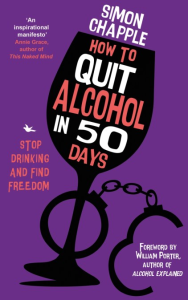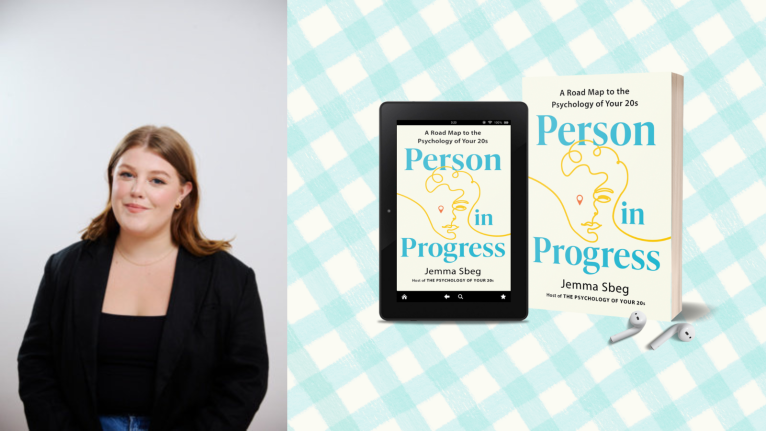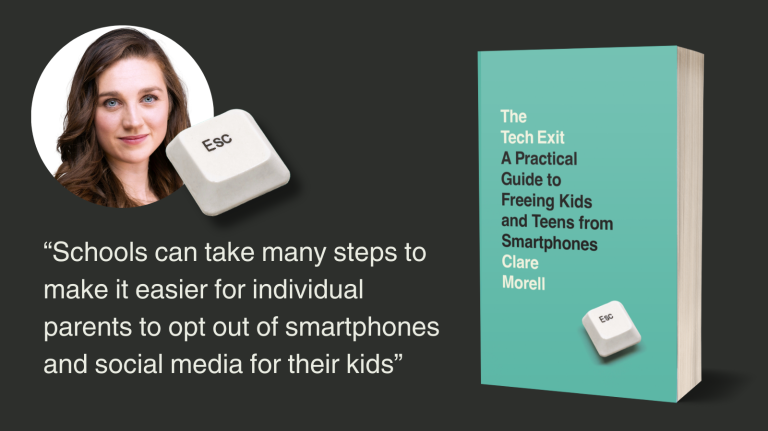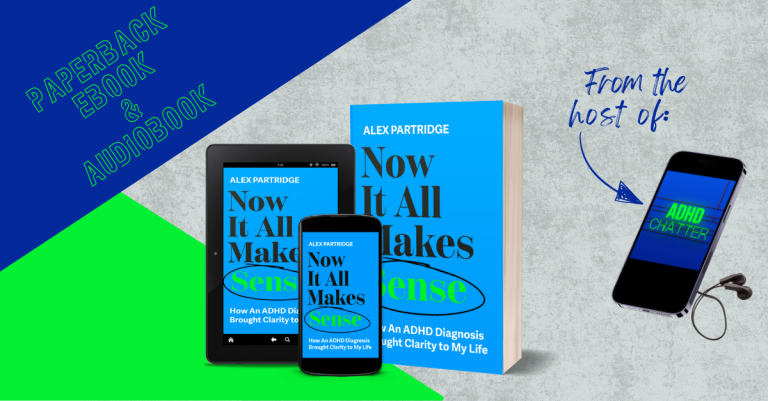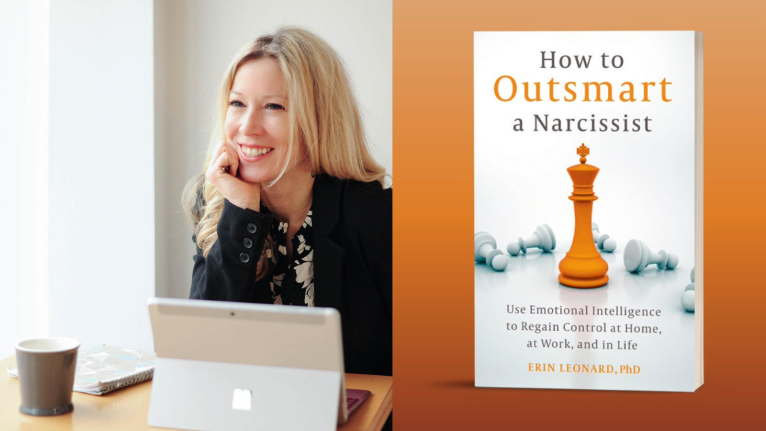“There is a reason that alcohol companies don’t show drunk people” An extract from How To Quit Alcohol in 50 Days
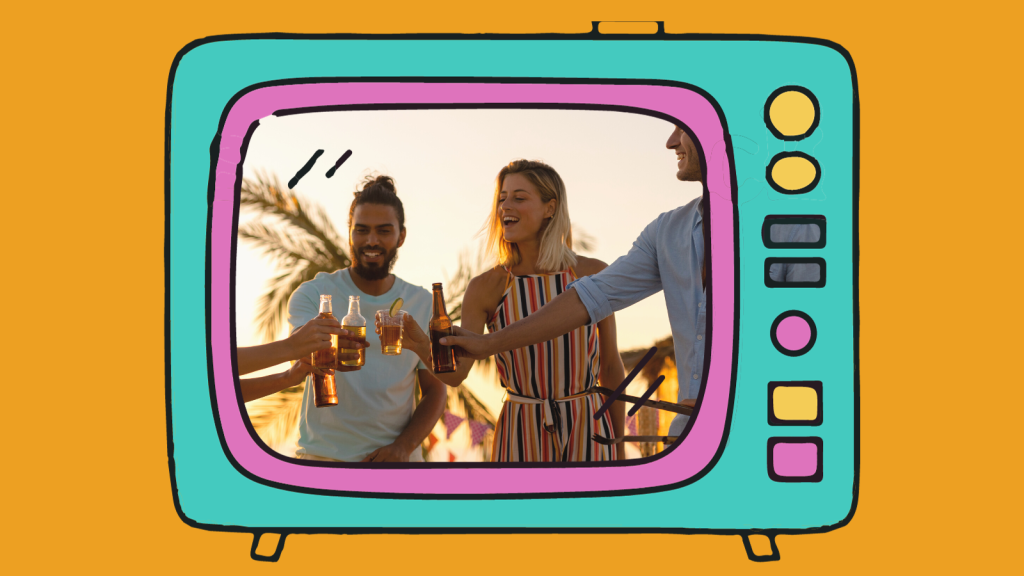
Are you examining your relationship with alcohol this #DryJanuary? You might be interested to learn how sneaky subliminal messages in the marketing around alcohol get a hold of us and make us believe that there are in fact benefits to drinking. Let this extract from Simon Chapple’s How to Quit Alcohol in 50 Days surprise you…
Alcohol companies exist for only one reason: to make money. They will use pretty much any tactic they can to sell more units of their product. I used to buy into all the marketing messages and would actively engage with anything I saw that reinforced alcohol as something that would enhance my lifestyle or my health.
But now I have cut alcohol out of my life and educated myself about the bigger picture, I can see the marketing companies and alcohol brands for exactly what they are. I now view their adverts and social media posts with a sense of curiosity and disgust.
I recently met someone who used to work at a senior level for a major alcoholic drinks brand. She spoke about how they would hold senior management meetings to discuss exactly how they could increase their sales by targeting children and underage drinkers. They would brainstorm how to create attractive packaging to entice children into trying these addictive substances and consider strategies to position their drinks on lower shelves in stores to catch the eye of the next generation of drinkers in order to get them hooked early. This goes a small way to enlightening you about how little these corporations actually care about their customers. They want us to get addicted: it makes them more money, and they actively target kids in the process.
I often speak to people who quit alcohol who find the constant bombardment of marketing messages challenging to deal with; they sometimes find booze advertisements become a trigger that makes them feel like drinking. When this happens I urge them to view all the alcohol adverts and social media posts about drinking with more of an observational and inquisitive eye and cut out any emotional reaction.
The tactic I use to do this allows people to deconstruct the marketing messages using the ‘Which means’ strategy. Let’s look at this in more detail so you can use it for yourself.
Let’s take an advert for a fictional brand of rum which shows a guy ordering the drink at a beach bar; he then talks to a pretty girl sitting next to him as he sips the drink. Fast-forward to the end of the advert and the couple are now holding hands, smiling and walking along the sand with the caption ‘Life’s a beach when you drink Ruby Rum’.
So when I see an advert like this I ask the question ‘Which means?’ I look at the advert and ask myself exactly what message it is trying to give me. What outcome is it telling me I will get if I use this product?
The first message in the rum advert is that, if I drink this brand of rum, pretty girls will talk to me – which means? I will be more popular and attractive to the opposite sex if I drink this brand of rum.
The second message is that life will be stress free; after all, it says ‘life’s a beach’ and is set in a relaxing beach location – which means? I will be less stressed out and more relaxed if I drink this brand of rum.
The final message is that I could find a long-term partner, as at the end of the advert the couple appear to have become an item – which means? Drinking this brand of rum will help me find the partner of my dreams.
You probably realize that all of the messages in this advert are complete nonsense, but we are bombarded by these promises of unrealistic outcomes every single day of our lives. How could drinking a particular brand of rum make you more attractive or lead to a stress-free life. In my experience the more I drank, the less attractive I became and the more stressful my life was. But when do we ever see an advert for alcohol showing someone drunk, with the real effects of the booze taking their toll?
Imagine an advert for the same rum, but this time the guy at the beach bar has been drinking all afternoon; he starts talking to the same pretty girl but her boyfriend who is sitting in the corner (who has also been on the rum all afternoon) takes exception to his advances and an argument follows. Next thing a fistfight breaks out, the police are called and the pair end up spending the night in jail. Such an advert probably wouldn’t sell much rum, but would likely give a more accurate representation of the reality and the true outcome.
The fact is that the marketing companies will never tell you the truth about alcohol because they don’t want you to know it. They want you to believe that there are huge, life-changing benefits to drinking their particular brand of alcohol and will always ensure there is a subliminal message within the advert that shows some kind of desirable outcome. This is usually something to do with sexual attractiveness, having fun, or a less stressful life.
The product itself takes a back seat; instead, the advertisers prefer to focus the viewer on the false benefits and outcomes. After all, a brown liquid in a bottle isn’t exactly appealing, so they need to find a way to make it seem desirable to people.
If you can be mindful and curious when you see alcohol adverts in the future, you will find that they no longer act as a trigger and you can simply deconstruct them using this technique. I often smile to myself when I see an advert and quickly pick apart the ‘Which means?’ elements and work out what false promises they are peddling.
Find an advert that catches your eye. It doesn’t have to be for alcohol. Then deconstruct it using the ‘Which means?’ process.
As you go forward, try to be aware of the false messages in the adverts and social media posts you see. Think about what message the advert is trying to give you and ask yourself if the outcomes being suggested are actually likely. Try to observe everything with a sense of open-minded curiosity.
There is a reason that alcohol companies don’t show drunk people and the real effects of alcohol in their adverts. They know that it will put people off buying their product, which will make them less money. It really is that simple – we need to become curious about the marketing messages and being much more choosy about what we believe.

